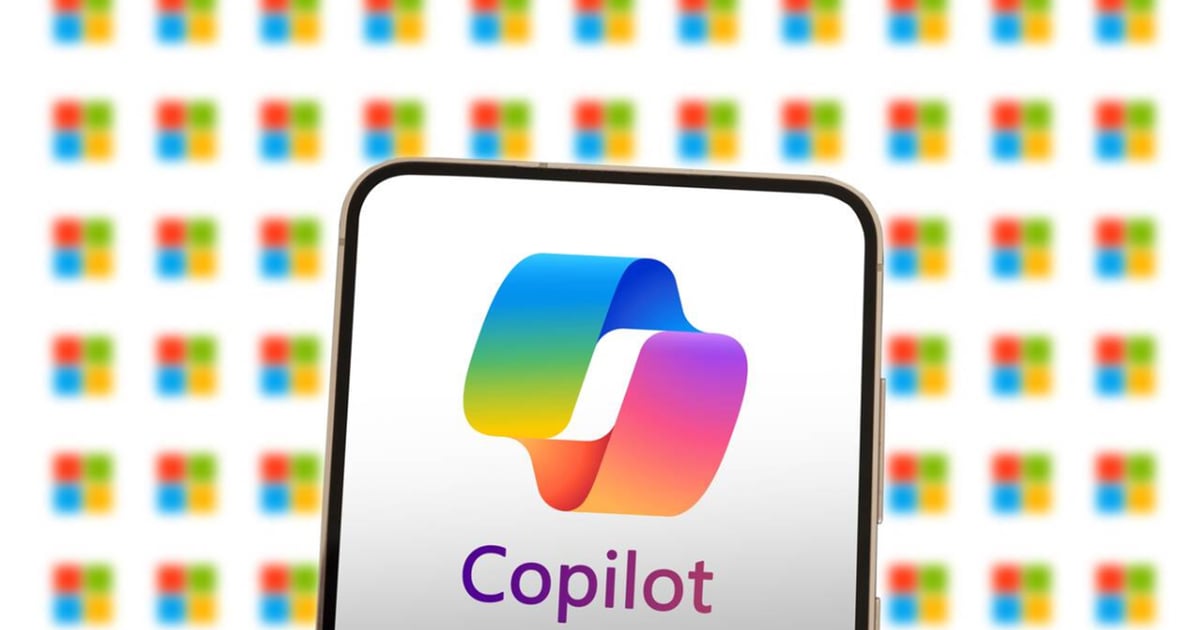
November 1, 2024 at 05:45PM
Microsoft has delayed the release of its AI tool, Recall, to address cybersecurity concerns raised by professionals about securing user data. Originally set for October, it’s now expected in December, with enhanced privacy features. The company aims to balance AI usability with strong security measures to protect user information.
### Meeting Takeaways:
1. **Delay of Recall Tool**: Microsoft has postponed the release of its AI tool, Recall, again due to cybersecurity concerns, emphasizing the importance of secure data handling.
2. **Functionality of Recall**: Once launched, Recall will capture and store “snapshots” of user activity, allowing users to search for specific past actions such as website visits, app usage, and document interactions.
3. **Cybersecurity Measures**: Microsoft is implementing enhanced security features for Recall, including:
– Opt-in use only.
– Data encryption and malware protection.
– Use of a virtualization-based security enclave for data protection.
– Options for users to filter out specific data and delete stored information.
4. **Commitment to Security**: Brandon LeBlanc, a senior product manager, stated the company is committed to delivering a secure experience and will take additional time to refine the tool before previewing it to Windows Insiders, now slated for December.
5. **Learning from Competition**: Microsoft may be observing the market’s response to Anthropic’s recent AI release, which has similar functionalities, to inform their final rollout of Recall.
6. **Concerns About Data Usage**: There are apprehensions regarding how user data captured by Recall might be used for AI model training, raising potential privacy issues.
7. **Ongoing Vulnerability Risks**: Experts caution that both Recall and comparable AI tools remain susceptible to cyberattacks, particularly through phishing and social engineering tactics that may exploit captured user data.
8. **Next Steps**: Microsoft plans to focus on refining Recall’s features and enhancing security before its broader rollout in December.